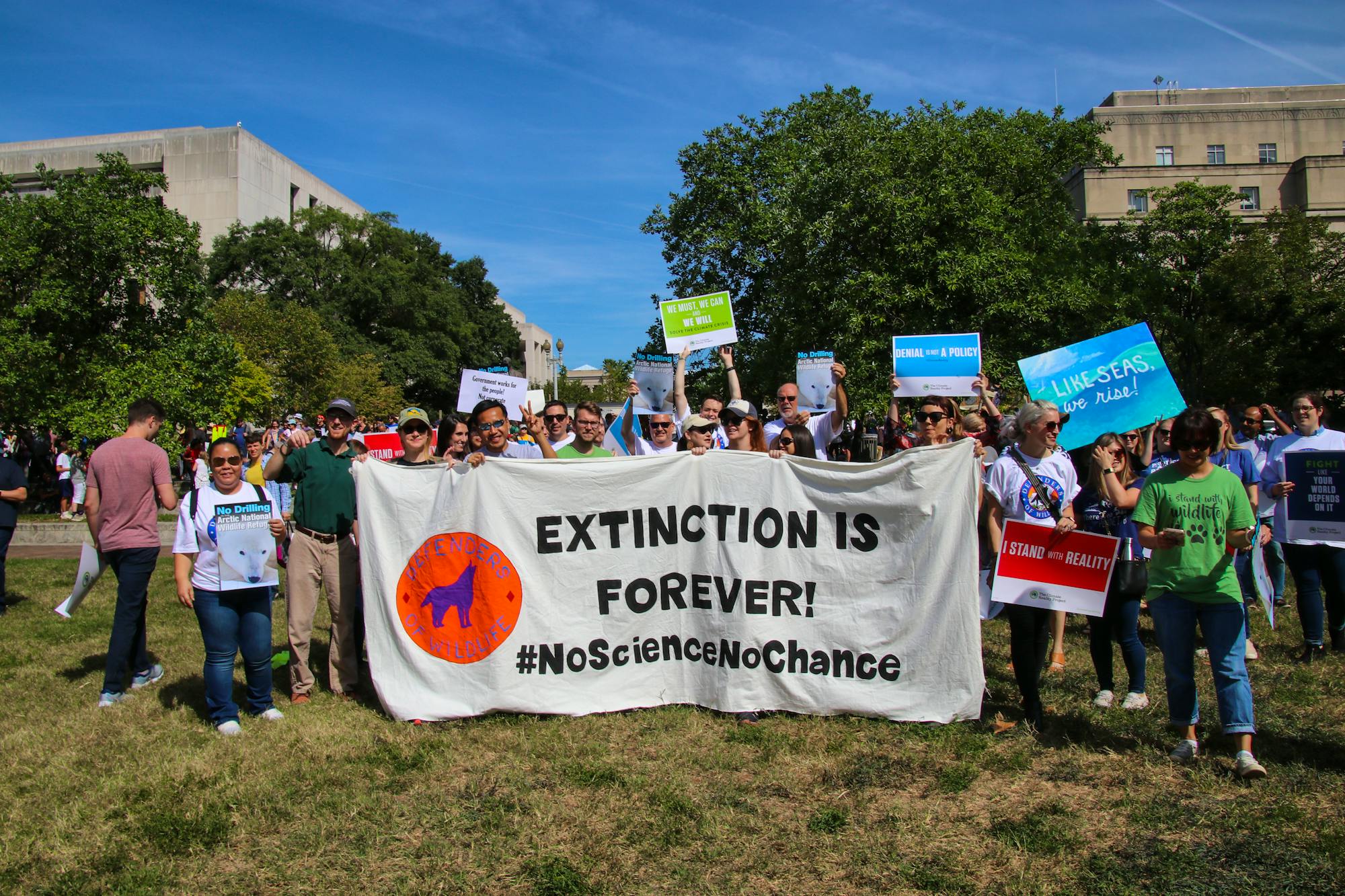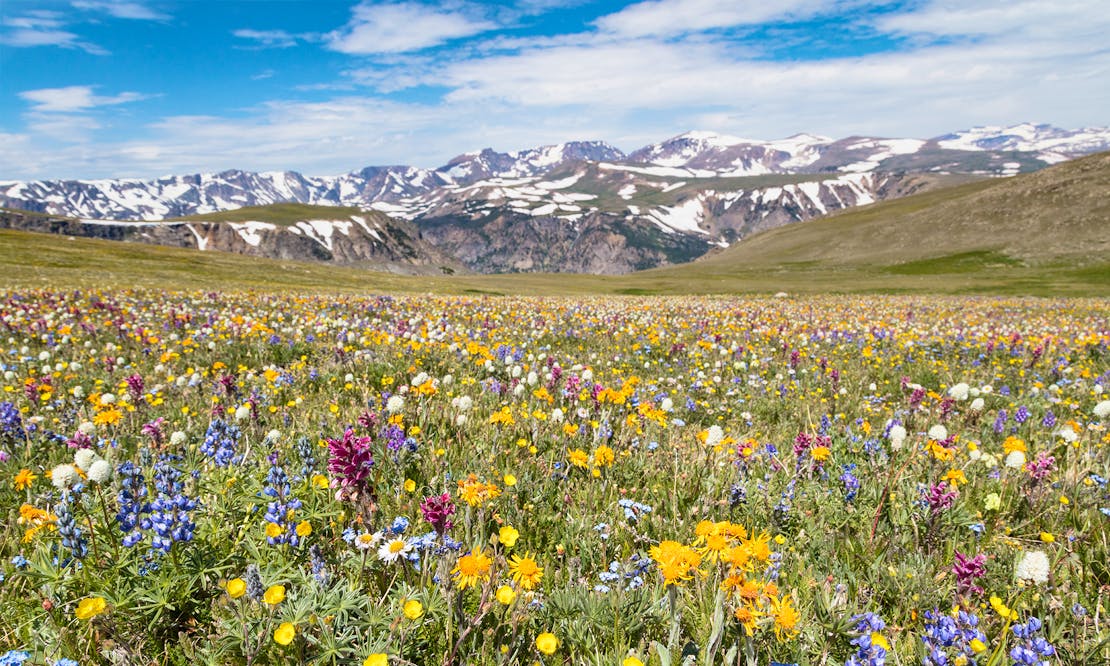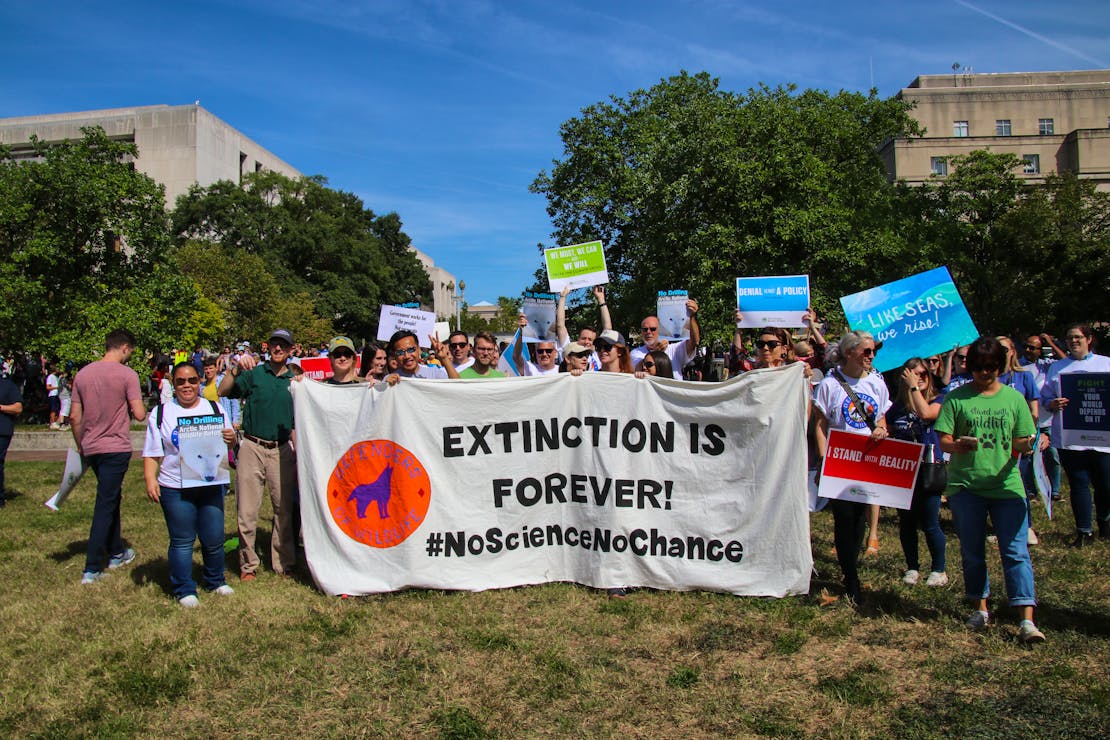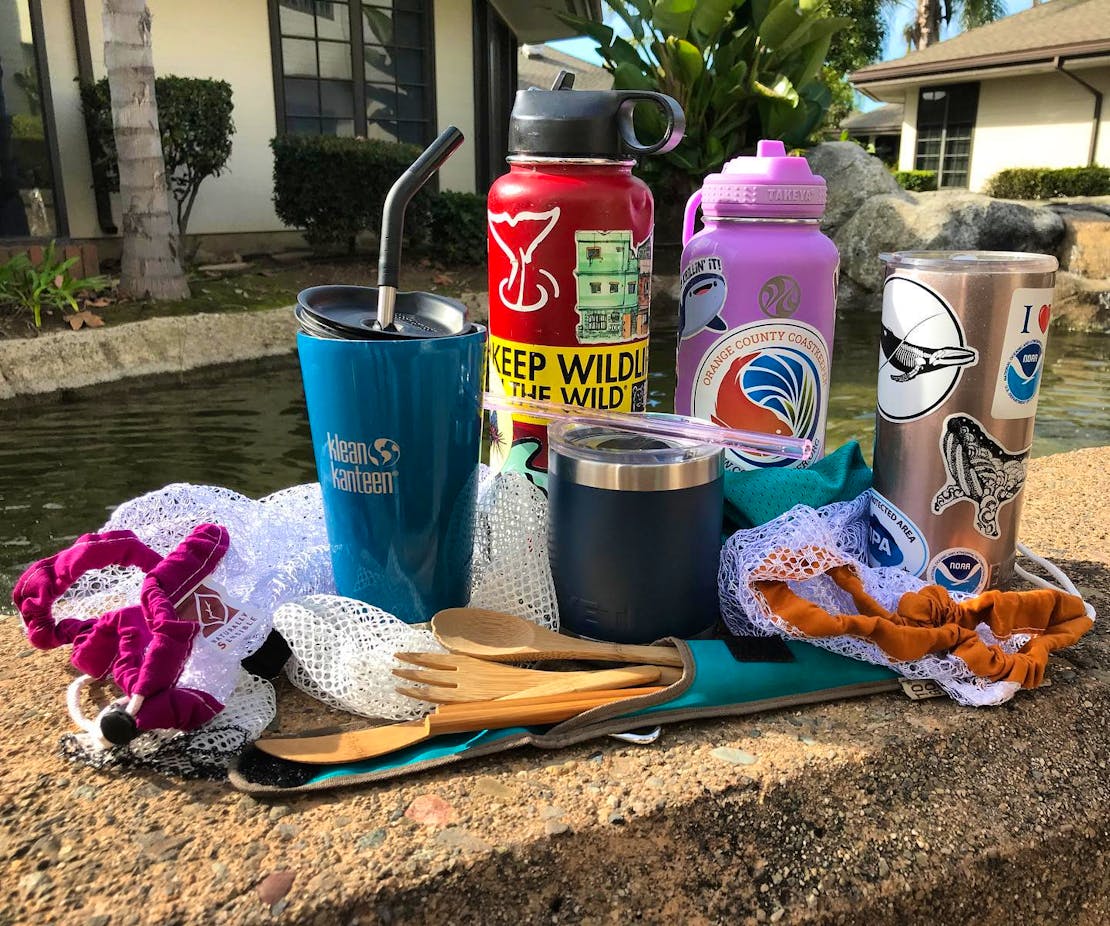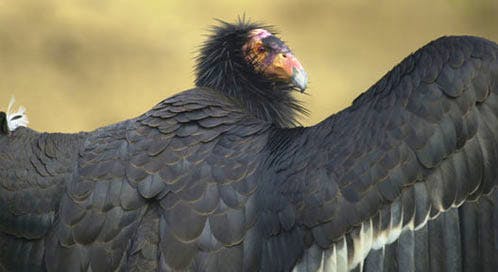Today is the International Day for Biological Diversity and this year’s theme - “we’re part of the solution” - was chosen to continue the momentum that was generated last year with “our solutions are in nature.” Last year, at the onset of the COVID-19 pandemic, we were reminded that biodiversity is the answer to several sustainable development challenges. From nature-based solutions to climate, health issues, food and water security, and sustainable livelihoods, biodiversity is the foundation upon which we can build back better. This year, the world is focusing on how we can better protect biodiversity across the world. Because it is ultimately human activity causing climate change, extinction and their related and cascading effects.
We’re fighting to be part of the solution because losing biodiversity doesn’t just mean losing entire species. It also means declining populations - which for species like the North Atlantic right whale, Red Wolf and black-footed ferret mean there are just a few or a few hundred individuals left in the wild. As populations shrink, the relationships among species fade and linkages break. Biodiversity loss means there’s simply less of nature on the planet, and the ecosystems, and the services they provide, suffer as well.
Defenders is working to prevent species and their habitats from becoming imperiled, to protect endangered and threatened species and their habitats and to restore the health of vulnerable species and their habitats. We have been at the forefront of wildlife and natural resource litigation and policy since the organization's inception in 1947. We actively engage on Capitol Hill to defend wildlife and wild places from legislative attacks and secure new wildlife conservation initiatives. And we work on the ground at the state, tribal and local level developing practical, innovative programs that protect and restore imperiled species and their habitats.
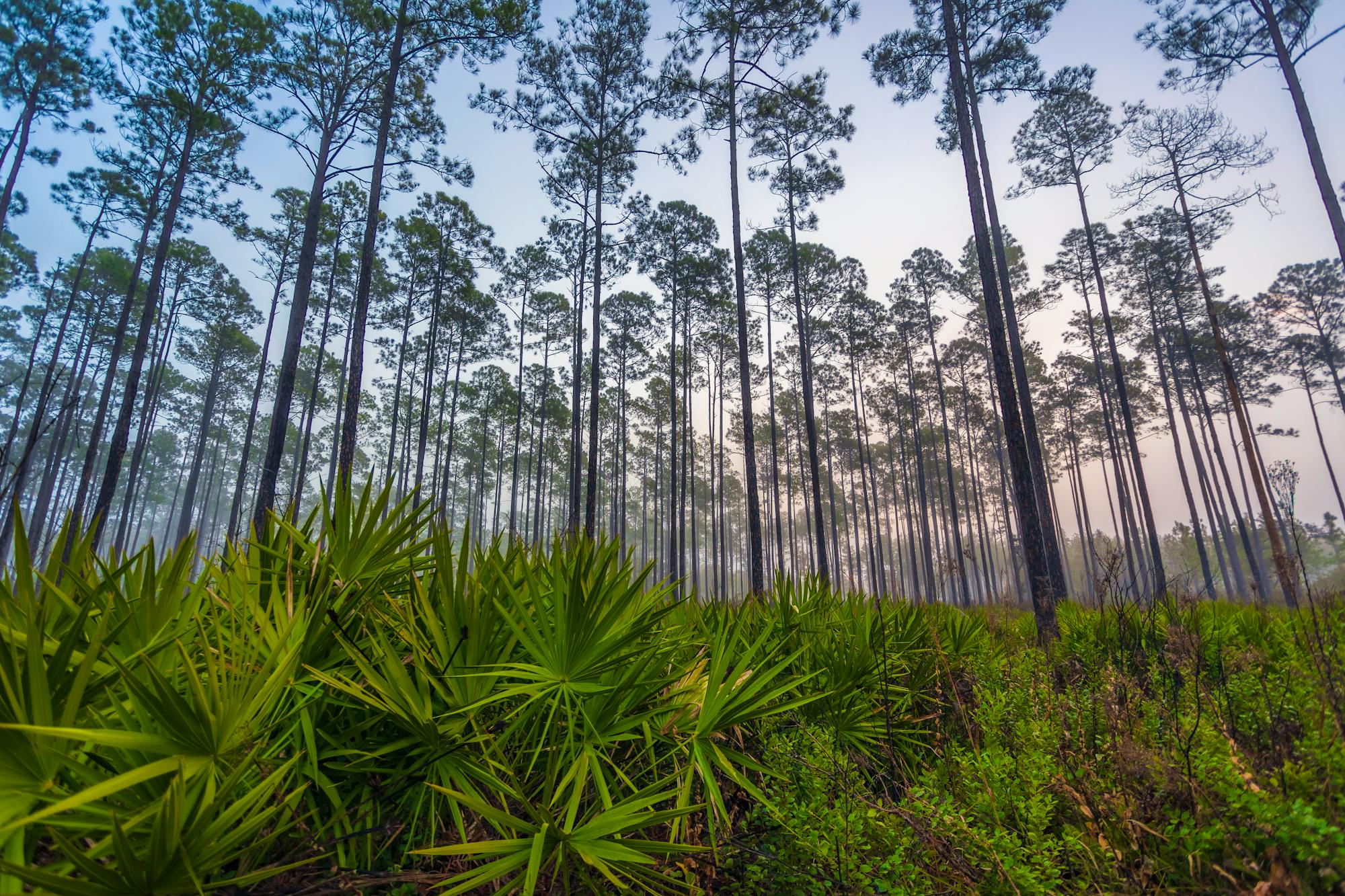


We can turn back the clock and save the wildlife we love. We’re working with the Biden administration to ensure our nation’s threatened and endangered wildlife are here for future generations. Science tells us that we need to change course to save species ‒ and ourselves ‒ and that achieving the 30x30 goal (conserving at least 30% of the country’s lands and waters by 2030) is a key part of the solution. We’re also fighting to restore the Endangered Species Act (ESA), Migratory Bird Treaty Act, Marine Mammal Protection Act and other landmark conservation laws as well as advocating for a national biodiversity strategy, wildlife-friendly renewable energy and protections under the ESA for imperiled species that need that last line of defense.


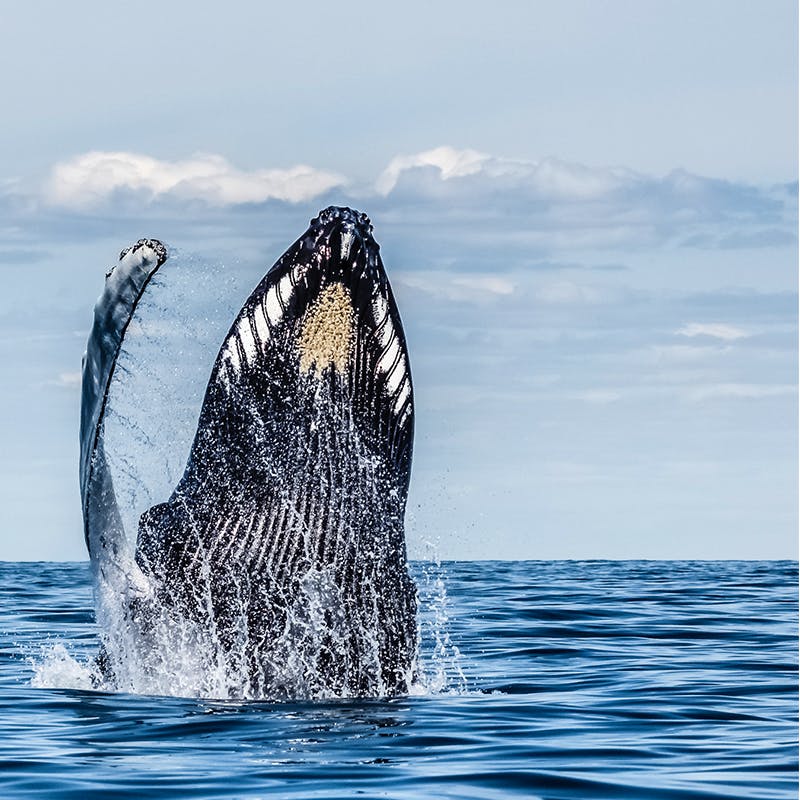
In our everyday lives, we can think globally and act locally by consuming less, understanding our biodiversity and carbon footprints, supporting businesses and nonprofits that protect the planet, demanding that our politicians take climate change and the sixth mass extinction seriously, and adding up all the small ways we can make a difference. We can drive slowly in spring when amphibians and reptiles are crossing roads to find vernal pools, plant native plants in our yards and avoid single-use plastics by carrying reusable shopping bags, water bottles and utensils with us so we’re always prepared. And we can share what we learn with friends and family, encouraging them to take action too.
We’re the last best hope for stopping and reversing the tragic decline of our beloved wildlife. We’ve done it before. Bold action helped bring wildlife back from the edge of extinction: bald eagles, California condors, peregrine falcons, sea otters, humpback whales and many more. They're alive today because of people who care.
We can do the same for Red Wolves, polar bears, manatees and southern resident orcas with your help. Become part of the solution by becoming a Wildlife Guardian today. We can stem the tide of biodiversity loss together.
